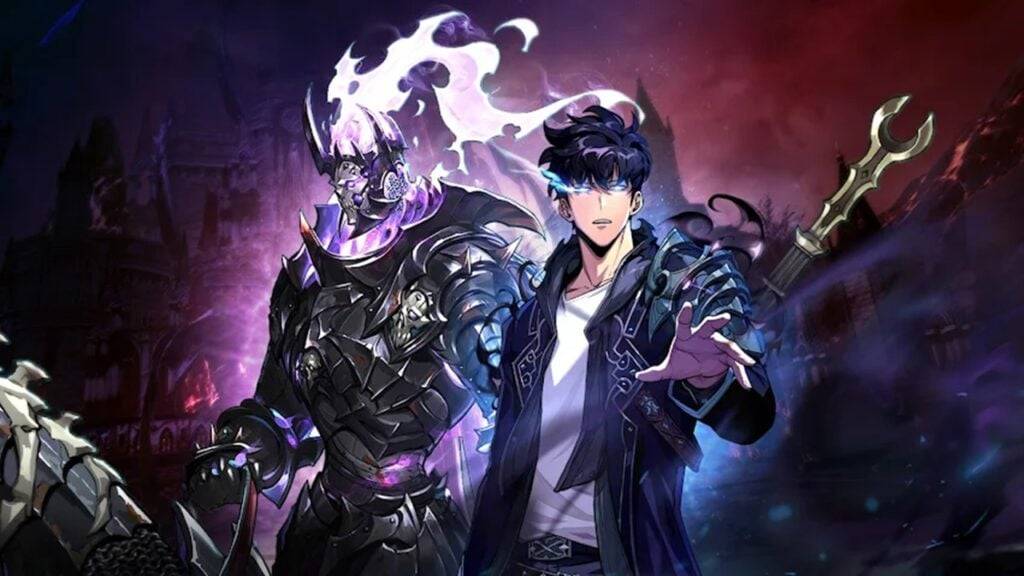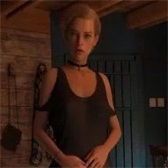Former BioWare developers have shared their perspectives on Dragon Age: The Veilguard following recent remarks by EA CEO Andrew Wilson, who stated that the game failed to "resonate with a broad enough audience." During a financial call, Wilson expressed that BioWare’s role-playing games need to incorporate "shared-world features and deeper engagement alongside high-quality narratives" to meet EA's expectations for success.
Last week, EA restructured BioWare to concentrate solely on Mass Effect 5, resulting in some Veilguard team members being reassigned to other EA projects, while others faced layoffs. This decision came after EA disclosed that Dragon Age: The Veilguard had fallen short of expectations, engaging only 1.5 million players in its recent financial quarter—a figure that was nearly 50% below projections.
IGN has documented the development challenges of Dragon Age: The Veilguard, including layoffs, the exit of several project leads, and a significant pivot in the game's direction. According to Bloomberg reporter Jason Schreier, BioWare staff considered it a miracle that the game was released at all, given EA's initial push towards a live-service model before reverting to a single-player RPG.
Wilson's comments implied that the inclusion of "shared-world features" and "deeper engagement" might have boosted the game's appeal. However, IGN reported that EA initially supported a development reboot that transformed Dragon Age from a multiplayer framework into a full-fledged single-player RPG.
Former BioWare staff members have taken to social media to voice their opinions. David Gaider, the original creator of the Dragon Age setting and former narrative lead, criticized EA's interpretation of The Veilguard's performance. Gaider suggested that EA's focus on turning the game into a live-service model missed the mark, advocating instead for EA to emulate the success of Baldur’s Gate 3 by doubling down on what made Dragon Age popular in the first place.
“There are certainly all sorts of lessons a company could learn from a game like Veilguard (I still haven't played it, so I'm going off what other people have said), but ‘maybe it should have been live service’ being the takeaway seems a bit short-sighted and self-serving,” Gaider remarked, now serving as creative director at Summerfall Studios.
Mike Laidlaw, former creative director on Dragon Age and current chief creative officer at Yellow Brick Games, echoed Gaider's sentiments. Laidlaw stated he would resign rather than fundamentally change a beloved single-player IP into a multiplayer game, hinting at EA's past attempts to do so with Dragon Age.
“Look, I'm not a fancy CEO guy, but if someone said to me ‘the key to this successful single-player IP's success is to make it purely a multiplayer game. No, not a spin off: fundamentally change the DNA of what people loved about the core game’ to me, I'd probably, like, quit that job or something,” Laidlaw said, emphasizing his stance against altering the core essence of the game.
As a result of these developments, Dragon Age appears to be on indefinite hiatus, with BioWare now fully committed to Mass Effect 5. The project is being spearheaded by series veterans such as Mike Gamble, Preston Watamaniuk, Derek Watts, and Parrish Ley. EA CFO Stuart Canfield justified the restructuring, citing the evolving industry landscape and the need to focus on projects with the highest potential for success.
“Historically, blockbuster storytelling has been the primary way our industry bought beloved IP to players,” Canfield said. “The game's financial performance highlights the evolving industry landscape and reinforces the importance of our actions to reallocate resources towards our most significant and highest potential opportunities.”






![NULL [Remastered]](https://imgs.39man.com/uploads/71/1719651062667fcaf6c483b.png)









